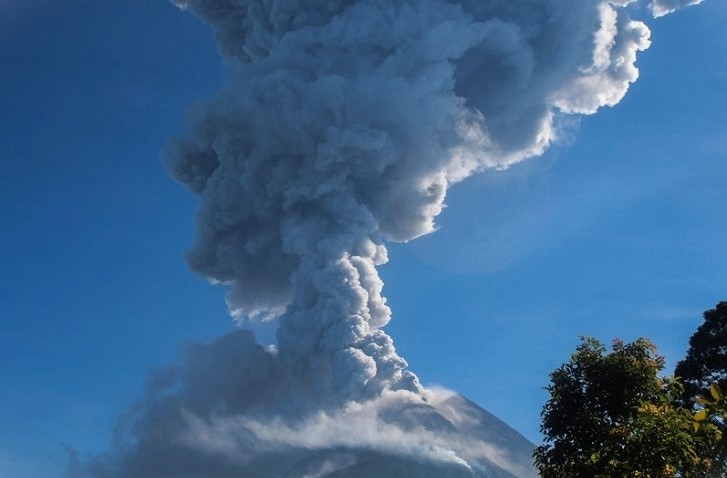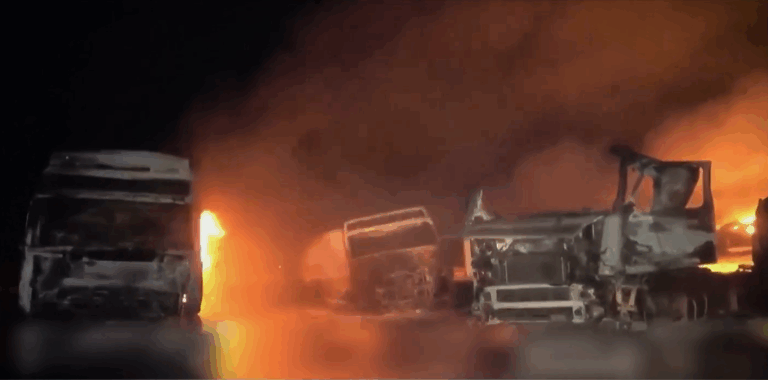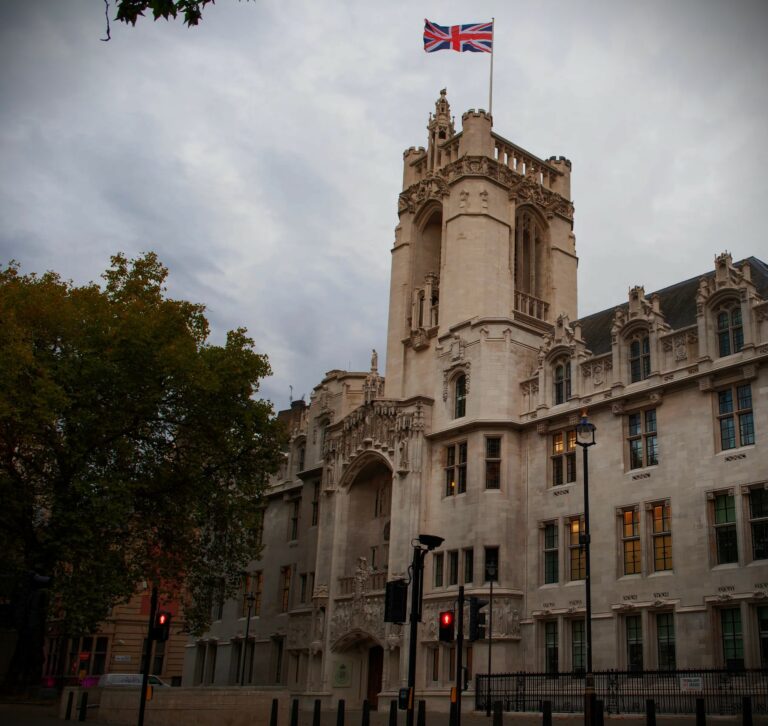
Mount Marapi, one of Indonesia’s most active volcanoes, has erupted again, sending a massive column of ash and volcanic material high into the sky and prompting authorities to issue fresh safety warnings for nearby residents and travelers.
The sudden eruption occurred earlier today on the island of Sumatra, unleashing a towering plume of ash estimated to have risen several kilometers into the atmosphere. The rumble from the volcano was heard in several surrounding villages, causing panic among locals who had only recently returned to normalcy after the volcano’s last major eruption.
Communities on High Alert
Indonesia’s Center for Volcanology and Geological Hazard Mitigation (PVMBG) quickly raised the alert level, urging people to stay at least 3 kilometers away from the crater. Emergency services and local authorities are now actively monitoring the situation and preparing evacuation plans in case of further activity.
No casualties have been reported so far, but ash fall has been confirmed in several nearby areas, leading to reduced visibility, closed roads, and the temporary shutdown of a local airport. Residents have been advised to wear masks and protective eyewear to guard against fine ash particles, which can pose serious respiratory risks.
A History of Unrest
Mount Marapi, which stands at around 2,891 meters (9,485 feet), is notorious for its unpredictable behavior. It is one of the most active volcanoes in Indonesia and has experienced dozens of eruptions over the past century. Its last significant eruption occurred in late 2023, killing several climbers and prompting widespread safety reforms.
Indonesia, located along the volatile Pacific Ring of Fire, is home to more than 130 active volcanoes—more than any other country in the world. Volcanic eruptions are common, and the government maintains constant surveillance on high-risk mountains like Marapi.
Ongoing Monitoring and Warnings
Authorities continue to monitor seismic activity and gas emissions from the volcano as scientists analyze the eruption’s potential to trigger further explosions or lava flows. Volcanologists warn that the current activity could be a precursor to more violent eruptions in the coming days.
Airlines have also been alerted to avoid the affected airspace due to the risk of volcanic ash damaging aircraft engines.


